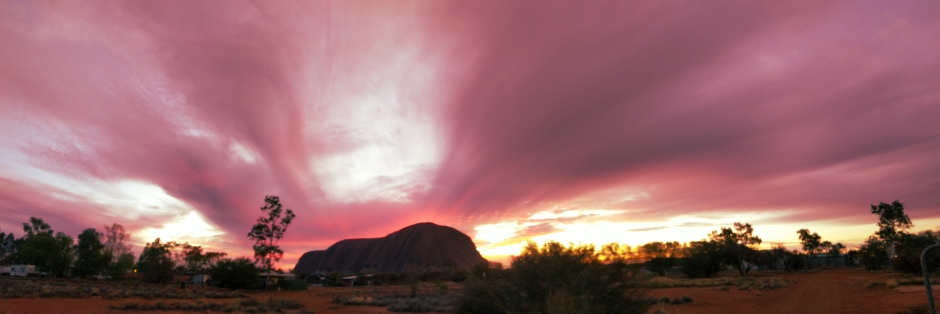I was at a meeting in Alice Springs about 30 years ago in a session led by Ada Parry and Peter Thomsen, two pioneer Aboriginal cultural educators, who set a task for two large groups of doctors in a big meeting room. One group was told they were on an island which was about to be visited by a powerful nation. They had to erect a monument to show their own prowess and demonstrate the importance of their leader. The other group were told of the poverty and lack of education of the island people and were to go to the island to help. They were told to mingle and find out what the population really thought was the best thing for them to offer. My colleagues present will remember the insight we all gained into the difficulties that arise when people negotiate from different positions.
The resonance with Australia’s current experience with ‘the voice to parliament’ is extraordinary. This is not a new experience and one of which every Indigenous leader is acutely aware and it is potentially devastating.
All Australians can understand the “Uluru statement from the heart” – it is a strong request for recognition in the constitution and finishes with “In 1967 we were counted, in 2017 we seek to be heard.” It was the result of a massive national effort to consult with all Australian First Nations’ leaders and communities culminating in a meeting at Uluru and the creation of this historical document. It was delivered to the Prime Minister, Malcolm Turnbull, with pomp and grandeur, but it was not accepted using excuses that still echo today. Mr Turnbull is now advocating for Aboriginal and Torres Strait Islanders to be heard, demonstrating that it takes time for all of us to really appreciate the importance of this small generous step. Changing our minds is always required for progress.
I grew up in a small country town in South Australia with Tony Dodd and Bobby Wanganeen in my class and their brothers and sisters in my school. Two proud families from a South Australian mission given passes to live in our town and work for local industry. I was 12 when these families were accepted as citizens and they moved on, back to their country. My ancestors settled the fertile land in regions of South Australia and my grandmother remembered only one older Aboriginal man working in the region during the second world war. My father, soon to be 100, remembers as a child, a man escaping to Adelaide on horseback to establish an alibi after killing an Aboriginal man. That’s it – no history, no story, no place in the region. But I can still sit on the abundant middens along the limestone coast, find flint knives and imagine the Booandik people feasting on cockles around big fires. Most First Nations’ people of that region died before Federation, without being counted, or heard.
Constitutional change is necessary to guarantee that our Parliament will consider the impact of its new laws on our First Nations people. Why? Because this sovereign group will forever be a minority in their own land.
We can be more generous to the people who have a connection with this country going back millennia. We can see people who live in remote Australia or our islands in the north, not as pioneers but as keeping what is uniquely Australian alive. We can see the imposition of law to stop the cattle being killed as understandable from a British perspective but complex and foreign to open range hunters. We can see the idea that a person can come with some wooden stakes and bits of paper that gives them the right to dig up country and blow up ancient monuments as strange and somehow unfair. Farmers are now experiencing this with fracking and are duly concerned. This ‘voice’ we are voting for (or against), might actually be good for all Australians who have established non-mining interests in rural and remote parts of our country. In the most urbanised country in the world, this voice may also speak for them.
This vote for ‘the voice’ has strong international interest in the press around the world. Our country is under scrutiny. It is seen as a sign of our inclusiveness, our maturity as a nation. I have never had anyone speak out that they voted against the 1967 referendum and opponents have quietly disappeared. This vote will also be seen as a turning point in our nation’s history – towards the future or away from it. It is about inclusion, safety and well-being. It is simply a recognition of First Nations people in our constitution and a requirement that their views be heard by Parliament.
We all have a choice on the 14th October 2023, approaching 250yrs since Federation. If you are uncertain about how you will vote, I hope that you might consider a generous response. One for the history of all our nations.

